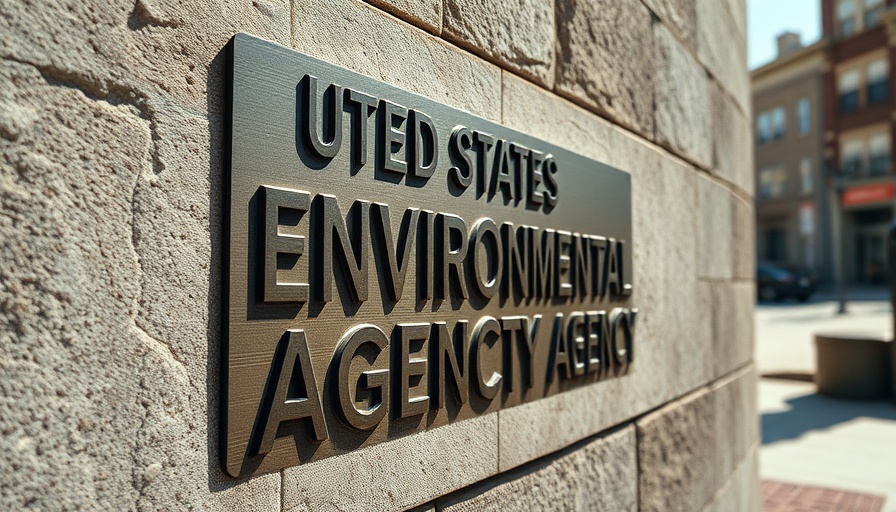
EPA's Shocking Decision to Eliminate Energy Star: What It Means for Consumers
The Environmental Protection Agency (EPA) is poised to eliminate the Energy Star program, a certification that has long guided consumers in choosing energy-efficient appliances. This decision, presented in a recent report, has widespread implications not only for consumers looking to save on energy costs but also for manufacturers who align their products with sustainability initiatives.
A Shift in Consumer Trust and Choices
Energy Star has been a trusted mark for over two decades, helping consumers identify which appliances save energy and lower utility bills. With this program's potential elimination, consumers could face increased difficulty in discerning the efficiency of products. In a time marked by rising energy costs and an urgent need for sustainable practices, this move may diminish consumer confidence in making environmentally conscious choices. In addition, businesses that pride themselves on their energy efficiency might feel lost without this recognizable standard.
Impact on the Tech Industry and Startups
The ripple effects could significantly impact the tech industry, particularly startups focusing on sustainability and green business. Entrepreneurs seeking venture capital often highlight energy efficiency in their business models. Without the Energy Star certification, startups may struggle to prove the efficiency of their innovations, potentially steering investors and consumers away. This decision may fuel a re-evaluation of corporate social responsibility efforts and the sustainability narratives compelling for both investors and customers.
Local Business Responses and Adaptations
In the Bay Area—a hub for green innovation—local businesses are closely monitoring this development. Many have integrated sustainability into their branding, and as the market continues to emphasize eco-friendly practices, businesses will likely have to adapt. Entrepreneurs might need to develop their standards for energy efficiency or seek partnerships to fill the void left by Energy Star, preserving their market relevance and maintaining consumer trust.
Looking Ahead: The Future of Energy Efficiency Standards
The elimination of Energy Star raises questions about the future of energy efficiency standards in the United States. Will new programs emerge? How will consumers adapt? As businesses reflect on how to navigate this change, they may need to advocate for more robust and transparent sustainability measures in the marketplace.
In light of these concerns, stakeholders in the business community—including entrepreneurs and established corporations—must remain vigilant and proactive in shaping a landscape that prioritizes energy efficiency, maintaining a commitment to sustainability and responsible business practices.
 Add Row
Add Row  Add
Add 



Write A Comment